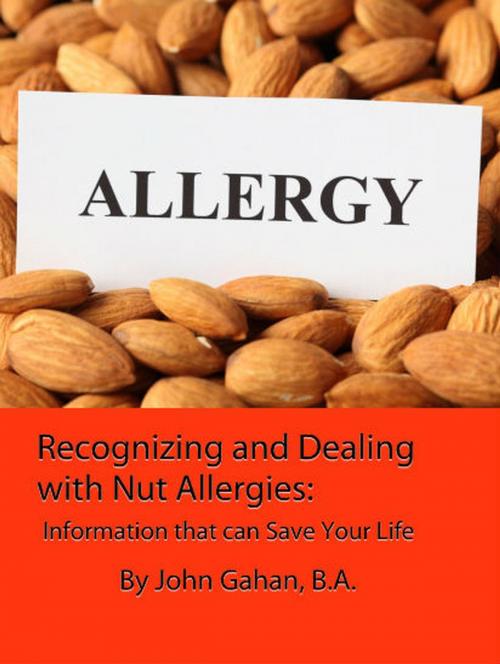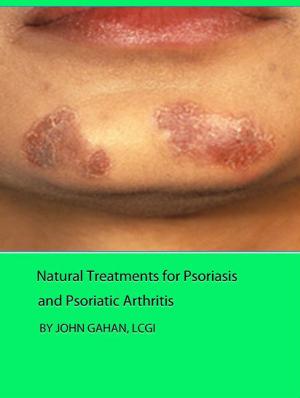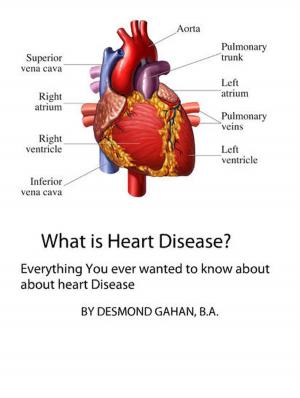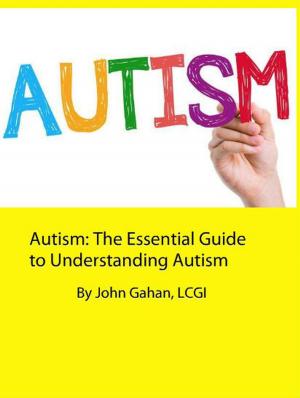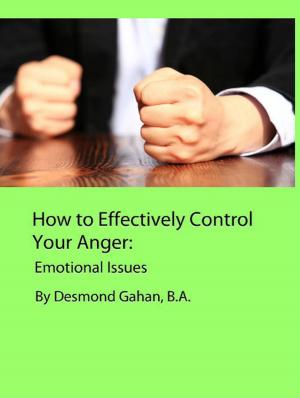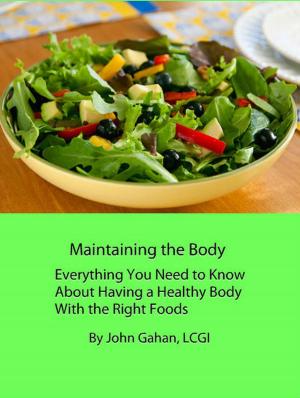Recognizing and Dealing with Nut Allergies: Information that can Save Your Life
Nonfiction, Health & Well Being, Health, Ailments & Diseases, Allergies, Medical, Reference, Education & Training, Diseases| Author: | John Gahan, LCGI | ISBN: | 9781386674122 |
| Publisher: | Sepharial | Publication: | August 15, 2017 |
| Imprint: | Language: | English |
| Author: | John Gahan, LCGI |
| ISBN: | 9781386674122 |
| Publisher: | Sepharial |
| Publication: | August 15, 2017 |
| Imprint: | |
| Language: | English |
An allergy occurs when your body's immune system, which normally fights infection, overreacts to a substance called an allergen. Most allergens are not obviously harmful and they have no effect on people who are not allergic to them. Allergic reactions to allergens can vary from mild to life-threatening.
Both peanuts and tree nuts (for example, walnuts, hazelnuts, almonds, cashews, pecans, brazils and pistachios) can act as allergens, and can cause an allergic reaction in some people. When you come into contact with something that you are allergic to (an allergen), a group of cells in your body, called mast cells, release a substance called histamine. Histamine causes the tiny blood vessels in the tissues of your body to leak fluid which causes the tissues to swell. This results in a number of different symptoms.
Strictly speaking, peanuts are not nuts, they are legumes, in the same family as peas and beans. Peanuts grow underground whereas other nuts grow on trees. The word nut in this article can mean either tree nuts or peanuts.
If you are allergic to nuts, when you first come into contact with nuts your immune system reacts and prepares to fight. However, you don't get any symptoms of a reaction. It is only when you come into contact with nuts for a second time that a full allergic reaction happens. Most children who are allergic to nuts have the symptoms of an allergic reaction when they appear to be exposed to nuts for the first time. However, this is probably not their first exposure, but their second. They may already have come into contact with nuts through their mother, through either of the following:
- Whilst they were in the womb (uterus).
- Through breast milk if they were breast-fed.
Most people with nut allergy react after contact with small amounts (less than one nut) and some people may react to trace amounts. This means that you don't always have to eat nuts to have a reaction. A few people are so sensitive to nut allergens that a tiny amount on their lips, or even standing next to someone eating peanuts, can be enough to start a reaction.
There are lots of different allergens but nuts cause some of the strongest and most severe reactions. Doctors don't yet know why this is.
An allergy occurs when your body's immune system, which normally fights infection, overreacts to a substance called an allergen. Most allergens are not obviously harmful and they have no effect on people who are not allergic to them. Allergic reactions to allergens can vary from mild to life-threatening.
Both peanuts and tree nuts (for example, walnuts, hazelnuts, almonds, cashews, pecans, brazils and pistachios) can act as allergens, and can cause an allergic reaction in some people. When you come into contact with something that you are allergic to (an allergen), a group of cells in your body, called mast cells, release a substance called histamine. Histamine causes the tiny blood vessels in the tissues of your body to leak fluid which causes the tissues to swell. This results in a number of different symptoms.
Strictly speaking, peanuts are not nuts, they are legumes, in the same family as peas and beans. Peanuts grow underground whereas other nuts grow on trees. The word nut in this article can mean either tree nuts or peanuts.
If you are allergic to nuts, when you first come into contact with nuts your immune system reacts and prepares to fight. However, you don't get any symptoms of a reaction. It is only when you come into contact with nuts for a second time that a full allergic reaction happens. Most children who are allergic to nuts have the symptoms of an allergic reaction when they appear to be exposed to nuts for the first time. However, this is probably not their first exposure, but their second. They may already have come into contact with nuts through their mother, through either of the following:
- Whilst they were in the womb (uterus).
- Through breast milk if they were breast-fed.
Most people with nut allergy react after contact with small amounts (less than one nut) and some people may react to trace amounts. This means that you don't always have to eat nuts to have a reaction. A few people are so sensitive to nut allergens that a tiny amount on their lips, or even standing next to someone eating peanuts, can be enough to start a reaction.
There are lots of different allergens but nuts cause some of the strongest and most severe reactions. Doctors don't yet know why this is.
